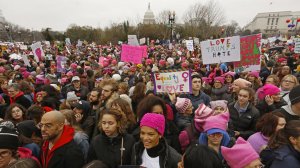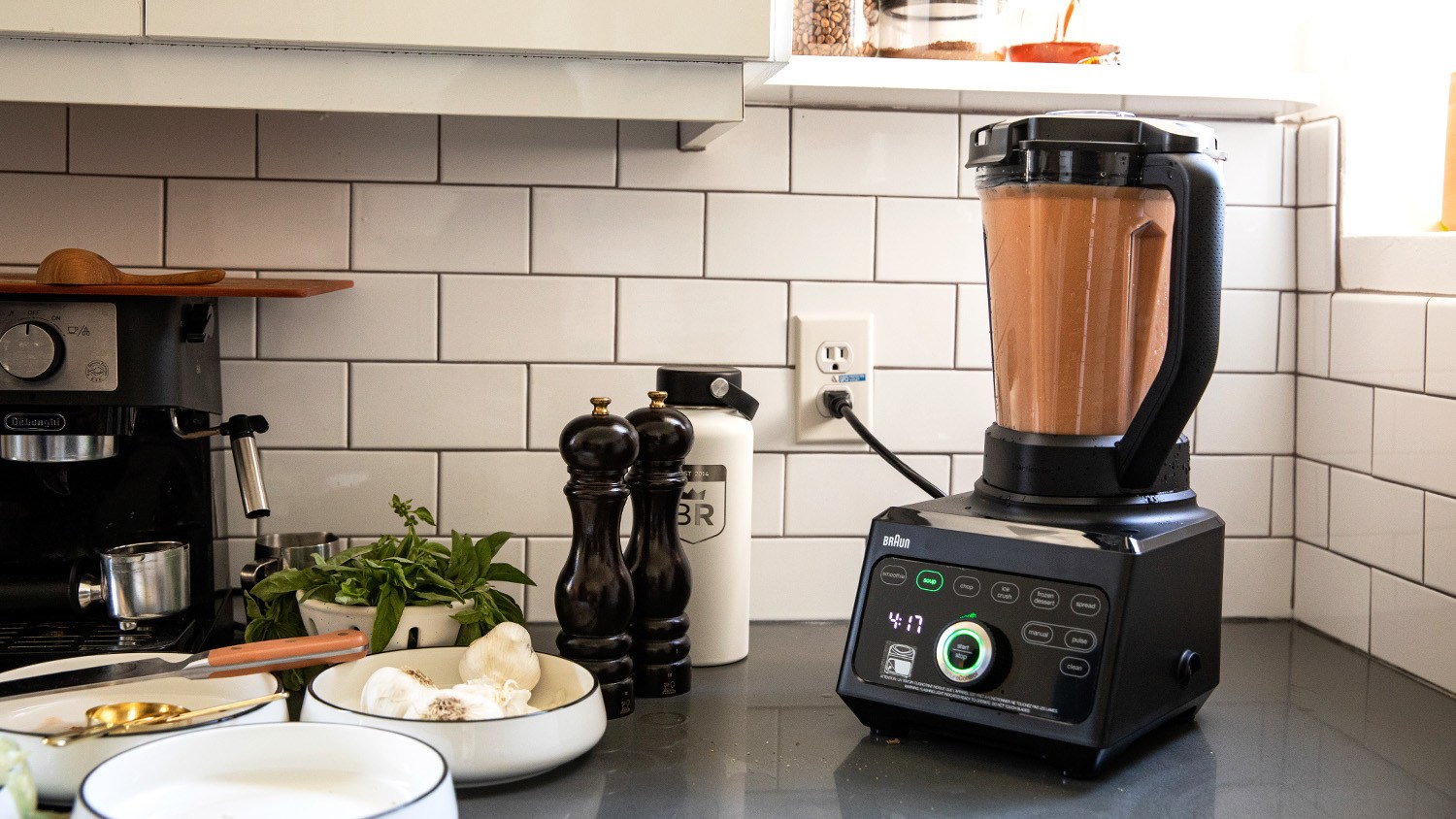A year after a sea of knitted pink “pussyhats” greeted Donald Trump’s inauguration as the 45th U.S. president, women and their allies will again take to the streets this weekend in dozens of cities across the country, voicing anger, channeling hopes and weighing how the country has fared in the year after one of the most divisive presidential elections in recent memory.

Organizers and many participants say the tone has shifted from Jan. 21, when the millions of women who turned out to march — in Washington, nearly every major American city and as far away as Australia and Europe — shocked even those who had organized the protests.
Sheer size yielded a cultural moment, one that became part of a wider social reckoning that would coalesce months later into the #MeToo and #TimesUp movements demanding accountability for sexual misconduct.
In many quarters, last year’s largely spontaneous outpouring of outrage over a president who had bragged of sexually assaulting women is giving way to a determined focus on electoral politics — together with targeted activism on issues such as immigration, healthcare and deepening racial divides, all of which became contentious points of debate during Trump’s first year in office.
Read the full story on LATimes.com.
More information on the Women’s March being held in Los Angeles can be found at womensmarchla.org.












